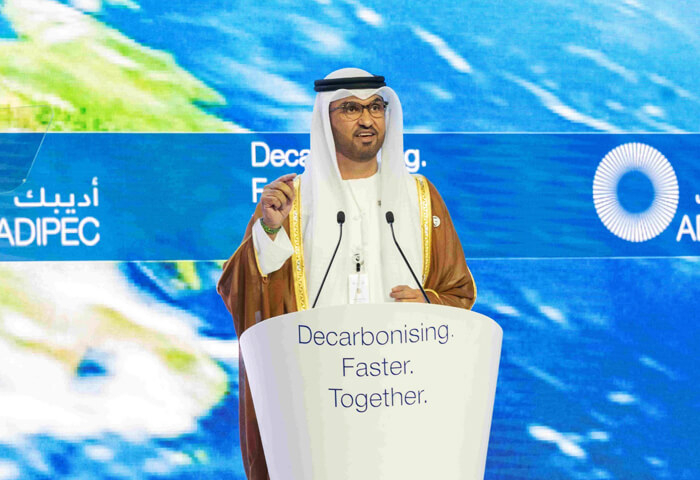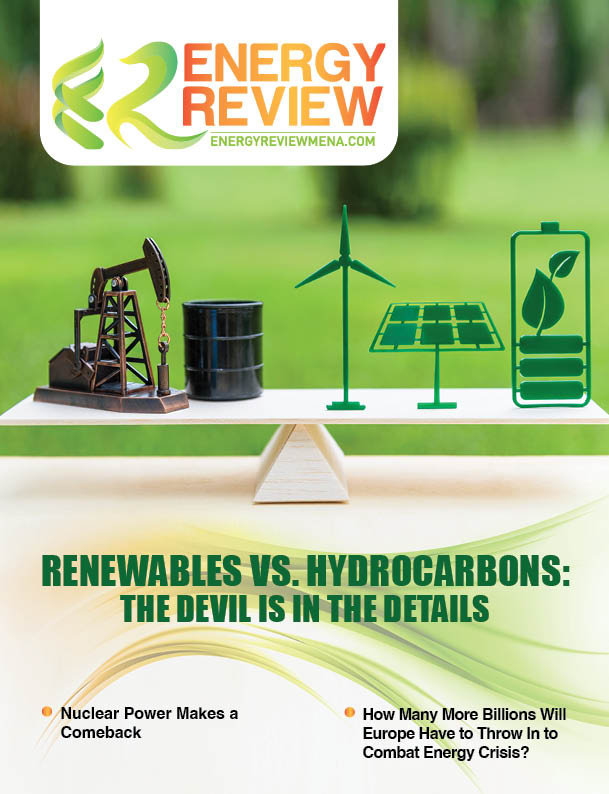In a bid to find a reasonable and cheaper solution to the climate crisis, researchers are assessing whether fossil fuel companies should be asked to remove planet-heating carbon pollution from the atmosphere.
In new research, they suggest that the principle of extended producer responsibility (EPR) — a policy tool often used to deal with waste — should be extended to the oil, gas and coal industries.
The study said forcing fossil fuel firms to use technologies to extract carbon from the air and infuse it back into the ground would be a cost-effective decarbonization strategy.
The paper published in the journal Environmental Research Letters notes, "It would also mean that the principal beneficiary of high fossil fuel prices, the fossil fuel industry itself, plays its part in addressing the climate challenge.”
The timing of the study is significant in light of the surging energy prices as a result of the Russia-Ukraine conflict, the windfall profits generated by the fossil fuel industry in recent times and the race towards net zero emissions.
The proponents of the paper have stressed the importance of stopping fossil fuels from causing further global warming. They suggest a policy of "geological net zero" — for every ton of CO2 emitted by fossil fuels, one ton of the greenhouse gas would need to be removed from the atmosphere and permanently embedded in the ground.
The authors propose that all extractors and importers of oil, gas and coal be required to dispose of an increasing proportion of the CO2 generated by their activities and products — up to 100% by 2050.
This would require increased use of technologies to extract carbon dioxide at the emission source or directly from the air and store it permanently in the ground.
While there are projects doing just this already, they are not yet at the scale needed. The largest direct air capture facility in the world, run by Swiss-based Climeworks, removes in a year what humanity emits in just a few seconds.
The authors also argue that the economics would change if the fossil fuel sector was forced to rely on technology.
Hugh Helferty, co-author of the study and a former employee of oil giant ExxonMobil, said the industry is "capable" of removing CO2 but lacks the “business care and motivation for executing it.” He has called for regulation, such as banning lead in gasoline, during his interactions with the media.
Hannah Chalmers, reader in sustainable energy systems at the University of Edinburgh who was not involved in the research, noted that EPR would be a "game-changer" in delivering affordable low-carbon energy.
Occidental, a US oil and gas major, announced last year its plans to build a larger direct air capture project in the Permian Basin, in Texas, by 2024, with a one-million metric-ton annual carbon dioxide removal capacity.
The Paris Agreement calls for capping global warming below two degrees Celsius, and most countries have signed on to a more ambitious limit of 1.5C.
UN climate experts said in a landmark report last year that even under the most aggressive carbon-cutting scenarios, several billion tons of CO2 will need to be extracted each year from the atmosphere by 2050.









